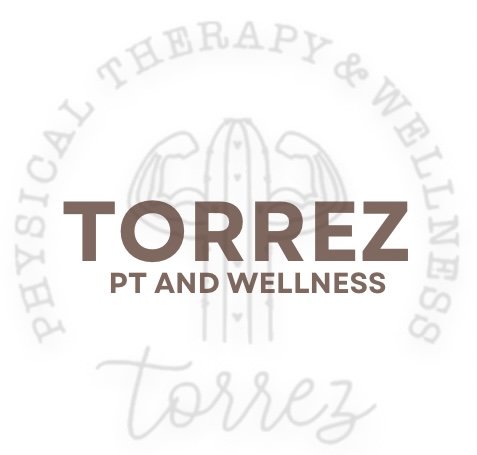Is Your Sleep Affecting Your Recovery?
Sleep is one of the most underrated forms of recovery that does not get discussed enough. We constantly hear about training regimes and uber strict diets that athletes follow but we don’t hear enough about recovery and what exactly that entails aside from “a rest day.” Typically a “recovery day” for an elite athlete involves getting body work done, doing ice baths or cryo chambers, saunas, and being stretched. For the not so elite athletes that could simply mean taking a day off from the gym or doing a restorative yoga class. In this week’s blog, we are going to be discussing sleep and the role it plays in recovery.
Did you know 1 in 5 people will suffer from chronic pain? A significant amount of those suffering from chronic pain typically report slept disturbances. Most people with chronic pain will report an improvement in symptoms with a good night’s rest. In order to understand why sleep is important to us, we must understand what occurs during the different stages of sleep. There are two phases of sleep: Non-REM sleep and REM sleep.
Non-Rem occurs in 1-4 stages with the first stage being what we consider to be light sleep. Most of us are familiar with that feeling of falling and having a sudden jerk type of a reaction. That typically occurs during stage 1 of Non-REM. The second stage is a period of light sleep where everything slows down including your heart rate, eye movements, brain waves, and even your body temperature decreases. You are being prepared to enter a deep sleep. The third stage is the deep sleep stage. It is very hard to wake up from this stage and if woken up you often feel very groggy and could even feel disoriented. Non-Rem is where a lot of the magic happens specifically stages 3-4. Human growth hormone is released at this time. This allows our bodies to build muscle and bone, tissues to repair and regenerate themselves and our immune system becomes supercharged. Prolactin is also released during our sleep. This helps with inflammation. If the body does not get enough rest less growth hormone and prolactin are released which can result in more inflammation and make it difficult for your body to recover from injuries. Poor sleep hygiene has also been linked to increased levels of cortisol-the stress hormone and increased insulin secretion which can result in weight gain.
REM sleep is where you get increased brain activities and sleep is not quite as deep. Your brain’s activity levels are comparable to when you are awake. Because of the increased brain activity, intense dreams can occur. Also, major muscles become essentially paralyzed and cannot move. Think of sleep paralysis. This allows for true muscle relaxation. As you age you get less and less of both Non REM and REM sleep.
Healthy adults should get anywhere from 7-8 hours of sleep. Regulating your sleeping habits is one of the easiest, cheapest investments you can do for your health. Remember to subscribe and be the first to know when a new blog is dropped.
-Savannah Torrez, PT, DPT, COMT
“Sleep is the golden chain that binds health and our bodies together”-Thomas Dekker
